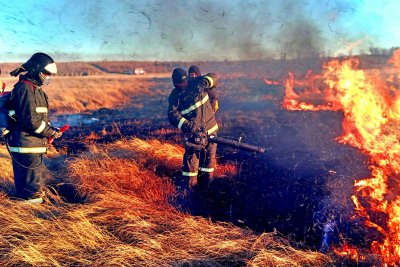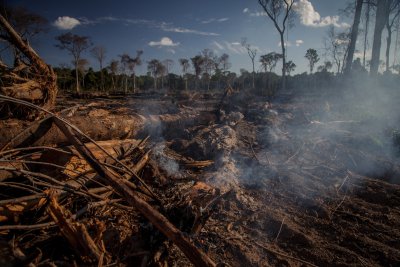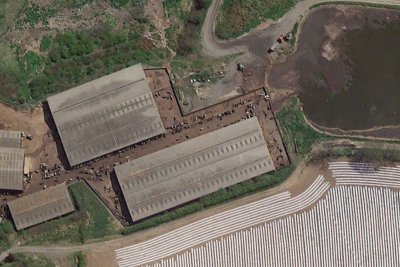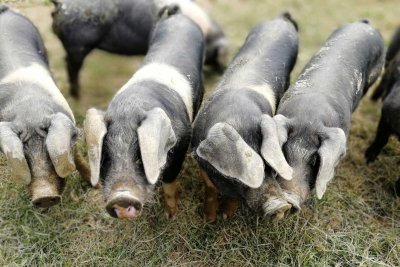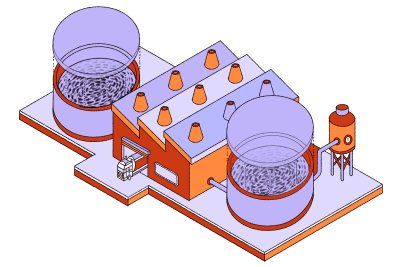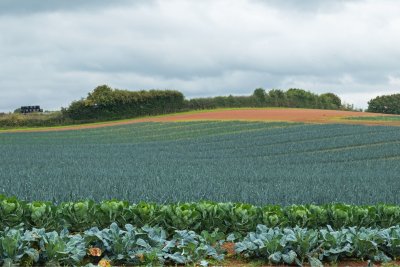 Climate change campaigner . Credit: Photo by Markus Spiske, Pexels
Climate change campaigner . Credit: Photo by Markus Spiske, Pexels

Government policy is ‘not credible’ on food and farming, according to Climate Change Committee review
The latest progress report from the UK Climate Change Committee says the Government is far from on track to meet its national and international legal obligations on climate change, with no plans for our food system to be compatible with the climate and nature emergency.
The UK’s Climate Change Committee and carbon budget say emissions from land use and farming must be reduced by a third, including changes to diets. But the government does not have policies to deliver this aim and agriculture and land use scored joint worst on policy progress in the committees annual Report to Parliament. Emissions from buildings, agriculture and land use pose the greatest risks of the UK missing its 2030 Paris Agreement target of keeping warming within 1.5 degrees.
The committee’s initial assessment of the Government food strategy is that it falls very short, with a lack of targets and strategy on food system’s impact on health, nature and climate.
On farming, the review reported a decline in the proportion of farmers taking up low-carbon farming practices. Land use change, such as restoring peatland, and planting trees/woodland, is happening below required levels and is not meeting targets. Defra’s post-Common Agricultural Policy policies - including Environmental Land Management - are lacking the detail and ambition needed to deliver change in farming for climate and nature. The CCC also suggested the UK Government create robust baselines in regulation for agriculture and land use to make swift progress.
On diets, the report noted that consumption of meat and dairy has been reducing since 2009 - led by consumer action rather than Government policy - and that much more dietary change is needed. The report congratulated the work of local authorities in serving more climate-friendly meals in schools.
The committee made a series of recommendations, including:
- A specific strategy, with targets, for achieving net zero for the food and farming sector.
- A long-term horizon and clear targets for supporting emissions reductions in farming subsidies and support schemes
- New land for sustainable agriculture, and investment in upskilling new farmers
- Capitalising on the willingness of the public to eat more sustainable diets through demand-side measures, including education and communication.
- Aligning action to address the rising cost of living with Net Zero.
Ruth Westcott, Climate and Nature Emergency Coordinator at Sustain said:
“Today’s assessment is damning and very worrying. The government has just released a food strategy and, as the committee have identified, it did not contain the policies needed to avoid climate breakdown or meet the government’s own emissions reduction targets. Food is one of the best ways to tackle the climate and nature emergency because the solutions will improve our health and tackle inequality and poverty.
Now it’s up to Defra to come up with an emissions reduction strategy for our sector, including making healthy and sustainable food more affordable and accessible, making public sector food exemplify a sustainable diet, clear messaging on climate friendly diets, and targets for less and better meat in our diets, starting with requiring businesses to report on what they sell.
It’s great to see the report recognise the work of local authorities and the efforts of citizens. It's frankly embarrassing that the UK government are doing so little, and this needs to change”
James Woodward, Sustainable Farming Officer at Sustain said
“This report is clear that there is still much progress to be made when it comes to farming and other land use sectors. We are pleased to see the committee acknowledge agroecology and the role it could play in food production and tackling climate, nature and health.
The IPCC has recommended agroecology at the global scale, as a solution for food productivity long-term, resilience, climate and nature, people and equity. We work with lots of farmers already doing this good work and Defra could learn from them when it comes to creating farming policies that deliver for people and planet.
We are also glad to see the committee acknowledge the need for a Just Transition, where land-based workers are given plenty of opportunities to upskill in climate and nature for the future."
Climate Change and Nature: Sustain has taken a keen interest in the rapidly accumulating evidence about the effect of food and farming on climate change and nature, as scientific evidence emerges that our food system is a very significant contributor to greenhouse gas emissions and biodiversity loss.
Sustain
The Green House
244-254 Cambridge Heath Road
London E2 9DA
020 3559 6777
sustain@sustainweb.org
Sustain advocates food and agriculture policies and practices that enhance the health and welfare of people and animals, improve the working and living environment, promote equity and enrich society and culture.
© Sustain 2026
Registered charity (no. 1018643)
Data privacy & cookies
Icons by Icons8
